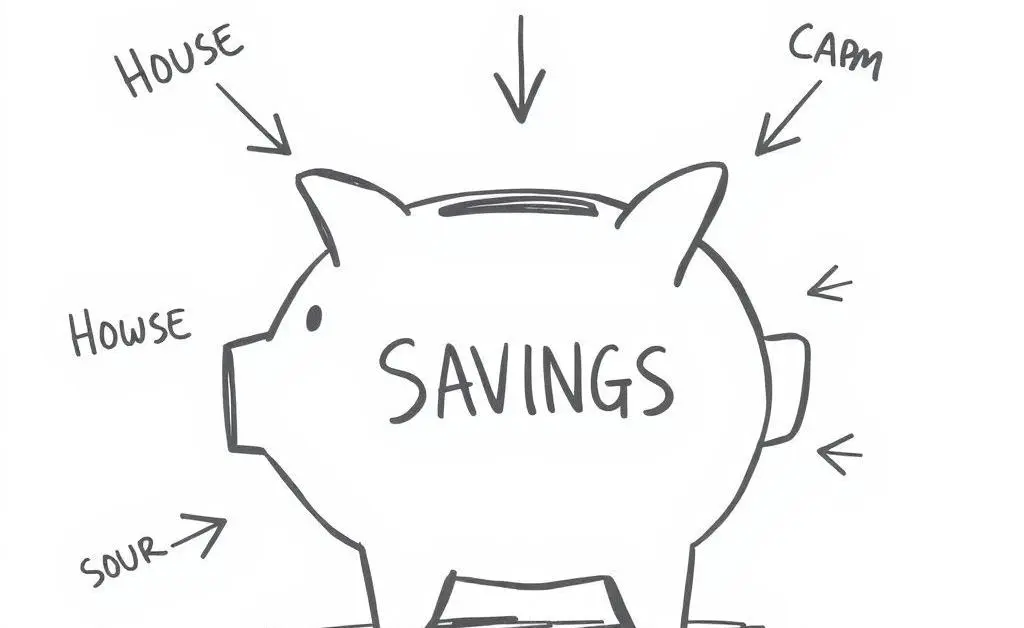Demystifying Banking: A Beginner's Guide to Navigating Your Finances
Unlock the secrets of banking with this friendly guide to understanding and managing your finances effectively.

Demystifying Banking: A Beginner's Guide to Navigating Your Finances
Have you ever stood in front of a bank, feeling like it's a fortress of finance with secrets locked away behind vaults? Trust me, you're not alone. Many people find the world of banking mystifying, but it doesn't have to be! Let’s unlock some of these secrets together and make your financial journey a bit less intimidating.
Understanding the Basics of Bank Accounts
When you think of a bank, what comes to mind? For most of us, it's the bank account, our gateway into the world of finance. At its core, a bank account is simply a place to store your money securely. Here are some key types of accounts to be aware of:
- Checking accounts: Perfect for daily transactions and bills. Think of it as your financial workhorse.
- Savings accounts: Designed to hold money you don’t need right away, allowing your savings to grow over time.
- CDs (Certificates of Deposit): A savings tool with a fixed term, offering higher interest rates for your commitment.
Choosing the right account depends on your needs and goals, but remember to keep an eye on fees and interest rates.
Credit Scores: The Mysterious Number
Ah, the elusive credit score—it's like a report card for your finances. But instead of math and science grades, it tells lenders how well you manage credit. A high credit score can open doors to better interest rates and loan offers.
Here's a quick anecdote: I met Jeff, a college graduate who ignored his credit score, believing it was just a number. However, when applying for a car loan, he realized his error as he was offered a high-interest rate. Jeff learned the hard way but adjusted his habits to improve his score over time.
If you want to keep your credit score healthy (and avoid Jeff's mistake), pay your bills on time, keep your credit utilization low, and regularly check your credit report for errors.

Finding the Right Financial Advice
We live in a world overflowing with information, and it can be tough to know which advice to follow. When it comes to understanding finance, always look for trustworthy resources. Here's a quick checklist:
- Is the source knowledgeable and credible?
- Are there any conflicts of interest?
- Is the advice specific to your situation?
Balancing this information with your personal needs can result in a much clearer financial picture.

Planning Financial Goals
Whether it's saving for a dream vacation, buying a home, or planning for retirement, having clear financial goals is crucial. Visualizing these goals can even make the journey more enjoyable.

Start by defining what you want to achieve and break those down into actionable steps. Trust me, with the right planning in place, you'll be surprised at how empowered you feel.
Conclusion: Your Financial Journey Awaits
Banking might seem like a complex world, but with some knowledge and planning, it can become an ally in achieving your financial dreams. What's the first step you'll take on your financial journey? Feel free to share your thoughts below!




